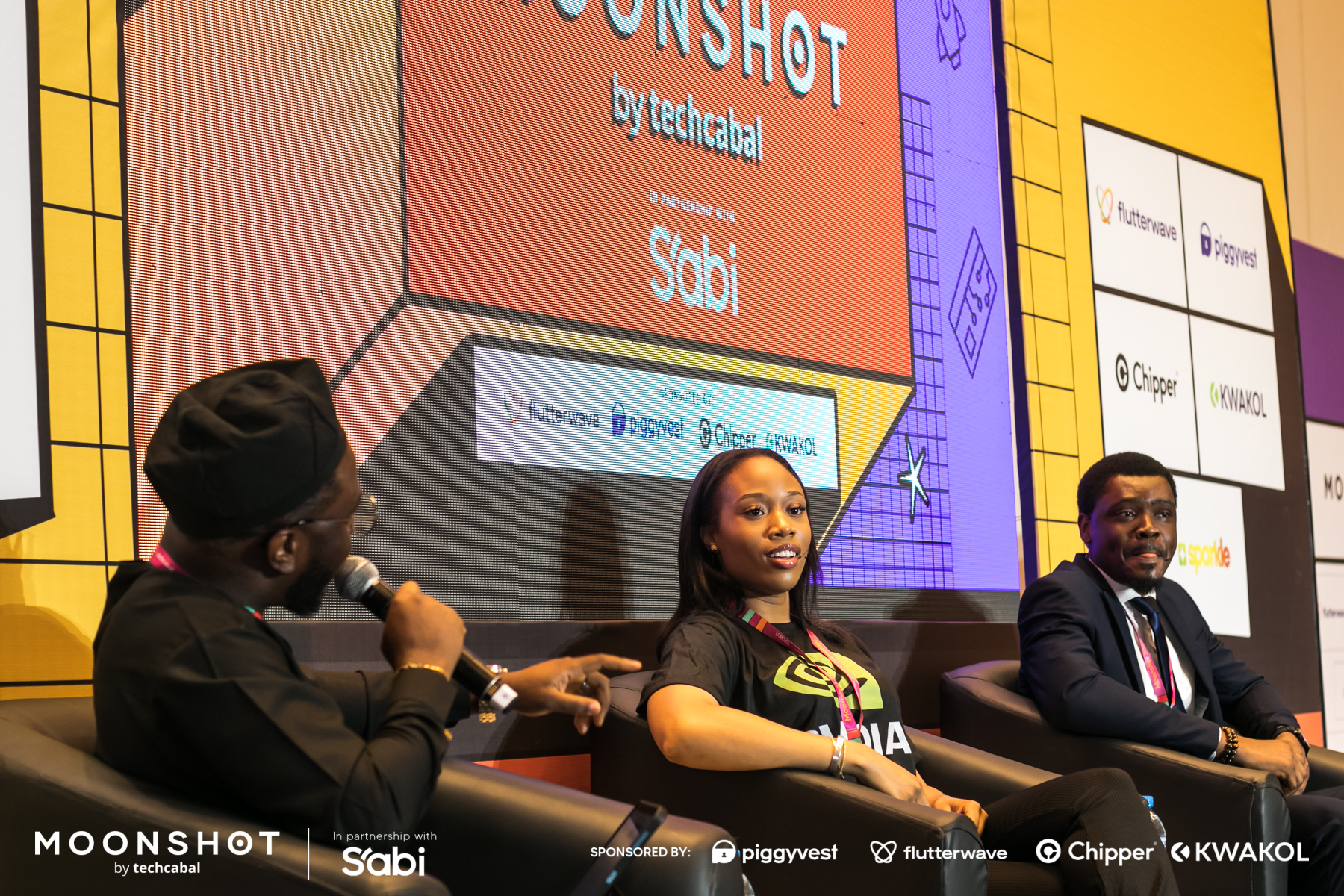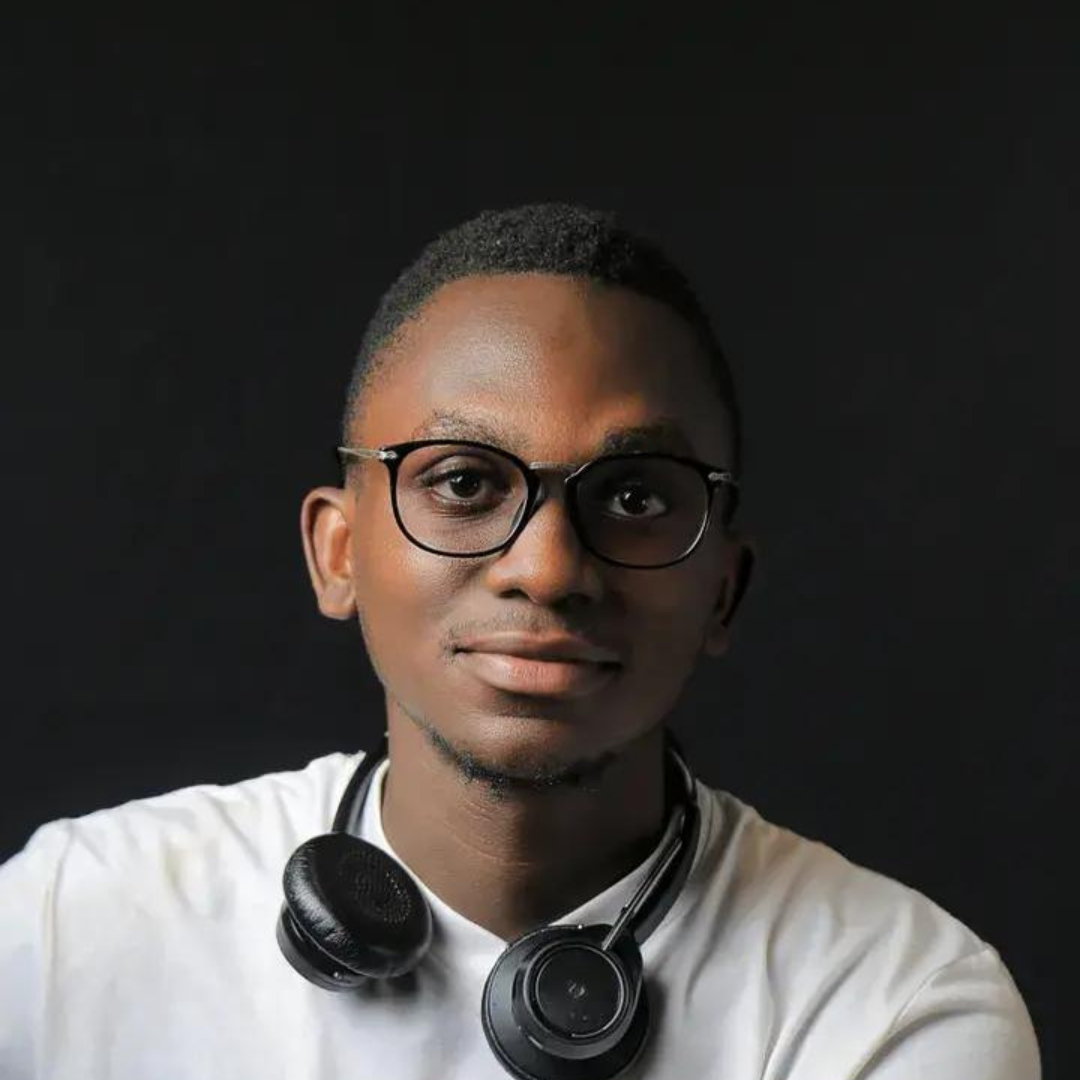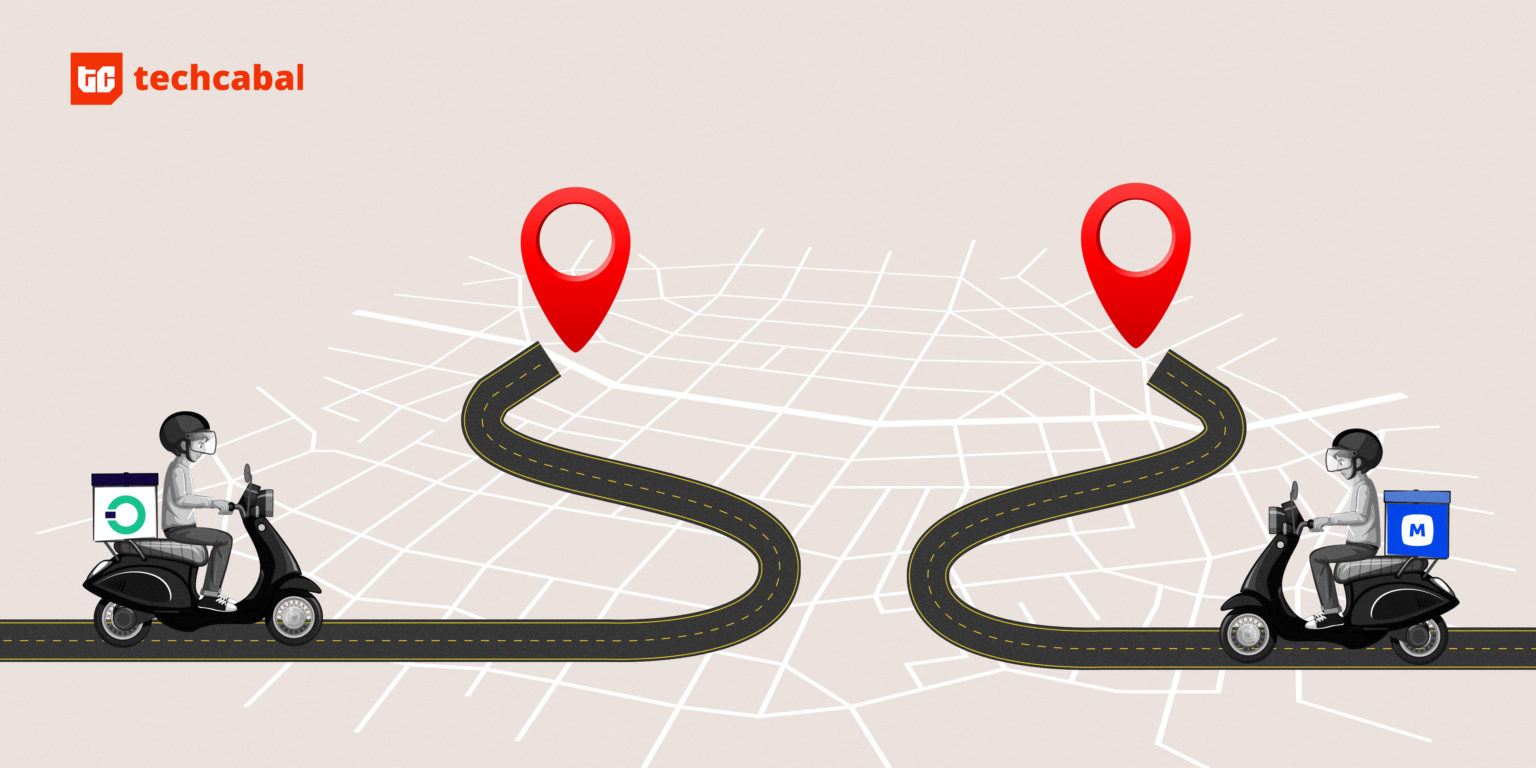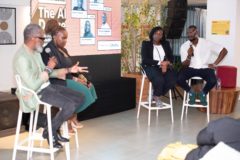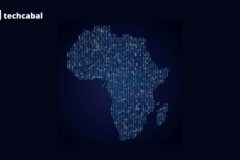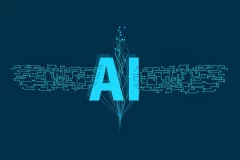Microsoft principal programme manager Nnanna Orieke calls for digitisation of Africa’s culture at Moonshot by TechCabal.
A quick search of something of African origin on ChatGPT or any other generative AI system gives a scant or inadequate answer. Current generative AI systems are not equipped with enough data to adequately reflect Africa’s diversity, but this provides an opportunity for Africans to digitise their rich and diverse cultures and languages, according to Nnanna Orieke, principal programme manager at Microsoft.
Orieke made this observation at the ongoing Moonshot conference, a flagship conference by TechCabal, which has gathered players and builders in the African tech space to network, collaborate, share insights, and celebrate innovation on the continent.
Artificial intelligence (AI) has become an integral part of our lives, transforming various aspects of human existence, from healthcare to finance to manufacturing. Its ability to simplify systems and enhance productivity is evident. However, AI’s application in Africa has been hampered by the lack of adequate data, resulting in biases and inaccurate representations of Africans.
Orieke notes that generative AI systems often fall short because they lack comprehensive data on African cultures. “Nobody is documenting all of our culture,” he said, highlighting the pressing need for greater representation in AI technology.
Despite the challenges, Africa is making strides in digitising its own culture. “The work is being done,” says Fatima Tambajang, head of developer relations for Africa at Nvidia. Initiatives like Indaba aim to address the data gap, providing a platform to document and preserve African languages and traditions. These efforts show promise in bringing authentic African voices to the world of AI.
But barriers such as poor electricity access, limited internet penetration, and the high costs associated with AI technology pose a challenge. In many African countries, electricity is a scarce resource. Data from the PwC show that only 58% of the continent’s population have access to electricity and two-thirds of Africa’s existing grids are considered unreliable. Asides electricity, internet quality on the continent is faint. When compared to most other world regions, fibre networks have a limited reach in Africa. Also, AI is an expensive technology to implement and maintain. The costs associated with infrastructure, software, and hardware can be prohibitive for many African communities and governments. To overcome these barriers, Tambajang is of the opinion that collaborative efforts between governments and private stakeholders are crucial.







